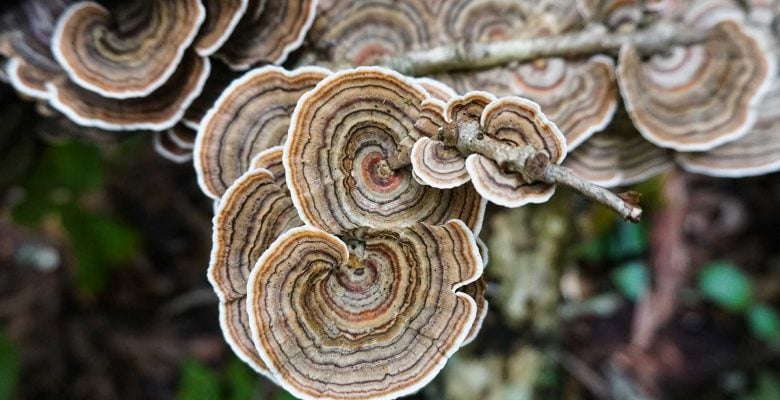In addition to psilocybin, the microdosers added lion’s mane mushrooms and niacin (vitamin B3) in what is commonly referred to as the “Stamets Stack”, named after the legendary mycologist, Paul Stamets. In keeping with the results of previous studies, the researchers observed small- to medium-sized improvements in mood and mental health among the microdosers.
Differences between microdosers above and below the age of 55.
While both groups experienced mental health benefits, the 55+ group alone showed improvements in psychomotor performance due to microdosing with psilocybin, lion’s mane, and B3. The researchers concluded that these improvements were indeed due to stacking the three substances. However, lion’s mane and B3 did not appear to impact mood and mental health changes.
The researchers emphasize that these findings are novel and the combination of psilocybin, lion’s mane, and B3 requires further research to confirm and clarify their effects
Specifically, when it comes to psilocybin, the researchers declare, “The potential that psilocybin microdosing may provide a means to improve depression and anxiety clearly points to the need for further research to more firmly establish the nature of the relationship between microdosing, mood and mental health, and the extent to which these effects are directly attributable to psilocybin.”
The study does not address previous critiques of microdosing (notably that microdosing is largely placebo), but does provide promising evidence that low-dose psilocybin is overall beneficial and relatively safe.
Moreover, the study did not report on the specific microdosing protocol pursued by each individual in the experimental group. As the researchers write in the introduction, “Surveys of microdosing psilocybin have identified diverse practices but generally converge on the self-administration, 3–5 times per week, of 0.1 to 0.3 g of dried mushrooms.”
Here at Third Wave, consumers tell us all the time that finding the right dosage and frequency is critical. Many individuals do not experience the touted benefits of microdosing simply because they are not following the right protocol for their unique needs.
For those interested in learning about the skill of microdosing, consider enrolling in Third Wave’s Microdosing Course or working with a microdosing coach.








great informative article
Thanks Amanda! We’re glad you enjoyed it.
Companies that are looking to grow need to consider formulation, and differentiation, backed by some scientific substantiation. Essentially, this means coming up with really thoughtful formulas that bring together the best in nutraceuticals and what I like to call “the phyto-alliance.” The phyto-alliance is undeniable. When we add other nutraceuticals- such as GABA – the sky is truly the limit, but we need to have some data to prove that our product works and that it is safe. But as you wrote, reaserch shows that microdosing is mostly the placebo effect – net-boss.org/the-power-of-the-placebo-effect-by-randy-baker